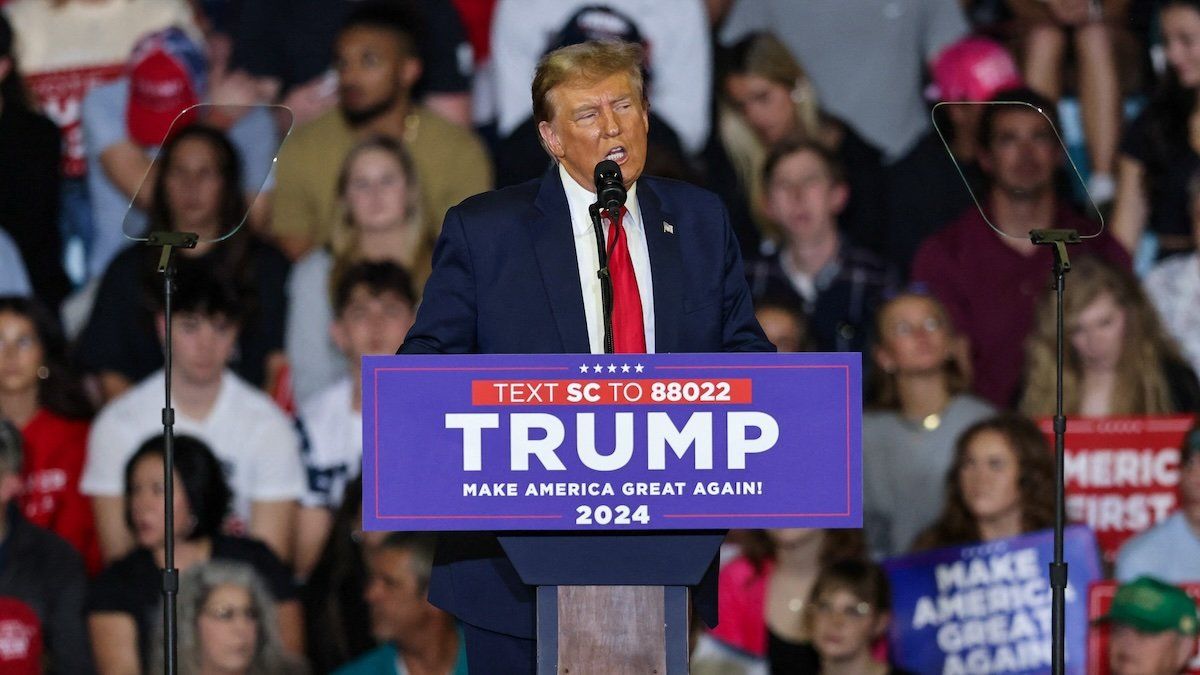Speaking at a South Carolina rally on Saturday, Donald Trumpsaid he would "encourage" Russia to attack NATO members that don’t meet their financial obligations. “No I would not protect you, in fact I would encourage them to do whatever they want,” the former president and likely GOP 2024 nominee thundered. “You gotta pay."
Reaction was swift. “Any suggestion that allies will not defend each other undermines all of our security, including that of the US, and puts American and European soldiers at increased risk,” said NATO Secretary General Jens Stoltenberg in a statement. EU Council President Charles Michel and the German foreign ministry echoed this sentiment, while White House spokesperson Andrew Bates branded Trump's comments as "appalling and unhinged.”
Who would make Trump’s list? According to data released in July 2023, only 11 of 30 NATO countries spent at least 2% of their GDP on defense, including the US, the UK, Poland, Greece, Romania, Hungary, Slovakia, Estonia, Latvia, Lithuania, Romania, Hungary and new member Finland. The “delinquents” list is considerably longer and includes Croatia, France, Bulgaria, Luxembourg, the Netherlands, Germany, Italy, Spain, Belgium, Norway, and Canada – the country with the longest land border with the United States.
